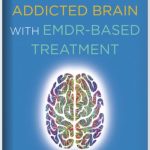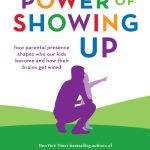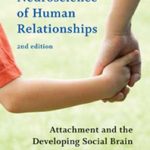Showing 1–15 of 20 results
-
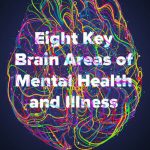
Eight Key Brain Areas of Mental Health and Illness
$50.95 Add to cart -
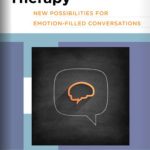
Neuro-Narrative Therapy New Possibilities for Emotion-Filled Conversations
$46.95 Add to cart -
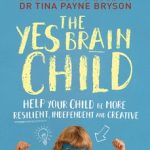
Yes Brain Child: Help Your Child be More Resilient, Independent and Creative
$35.99 Add to cart -
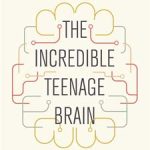
Incredible Teenage Brain: Everything You Need to Know to Unlock Your Teen’s Potential
$46.99 Add to cart -
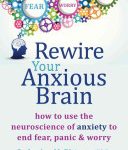
Rewire Your Anxious Brain: How to Use the Neuroscience of Fear to End Anxiety, Panic and Worry
$44.95 Add to cart -
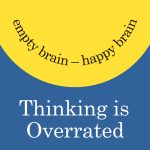
Empty Brain – Happy Brain: Thinking is overrated
$28.99 Add to cart -
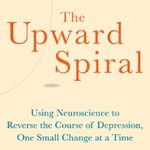
The Upward Spiral: Using Neuroscience to Reverse the Course of Depression, One Small Change at a Time
$37.00 Add to cart -

Brainstorm: The power and purpose of the teenage brain
$36.00 Add to cart -
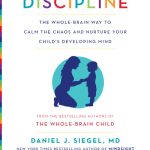
No-Drama Discipline: The whole-brain way to calm the chaos and nurture your child’s developing mind
$33.99 Add to cart -
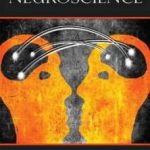
A Counselor’s Introduction to Neuroscience
$76.99 Add to cart -
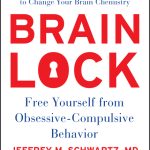
Brain Lock: Free Yourself from Obsessive-Compulsive Behavior : A Four-Step Self-Treatment Method to Change Your Brain Chemistry
$30.99 Add to cart



